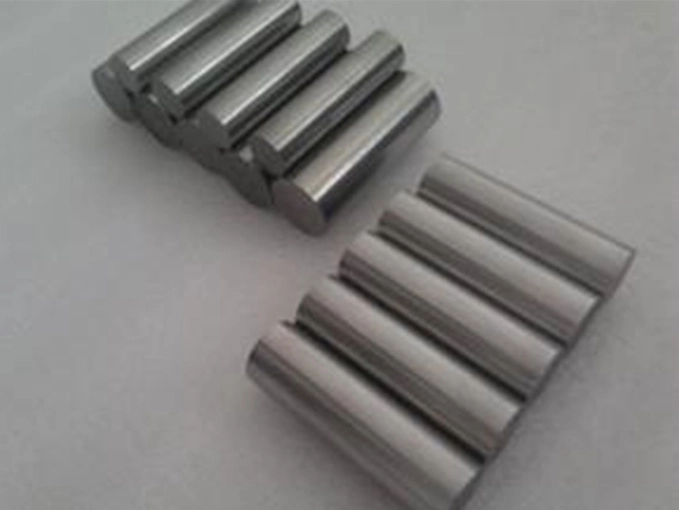SEARCH
Niobium products show unique value in many high-end fields with their excellent high temperature resistance, high strength and corrosion resistance. As an important component of superconducting materials, niobium metal is widely used in superconducting cables and magnets in power industry. Niobium alloys are used in key structural components in the aerospace industry to effectively improve equipment performance and durability; In addition, niobium products are also widely used in the chemical and medical industries, such as the manufacture of corrosion resistant devices and biomedical implants.


MRI Machines: The superconducting magnets used in MRI machines are often made from Nb-Ti alloys. These niobium alloys require a strong and stable magnetic field, which Nb-Ti superconductors can provide when cooled with liquid helium.
Particle Accelerators: Nb-Ti alloys are used in the superconducting magnets of particle accelerators, such as the Large Hadron Collider (LHC). These types of non ferrous alloys are crucial for directing and focusing the particle beams.
Nuclear Magnetic Resonance (NMR) Spectrometers: Similar to MRI, NMR spectrometers use superconducting magnets made from Nb-Ti alloys to achieve the high magnetic fields necessary for spectroscopy.
Niobium products including niobium target plate, niobium rod and niobium target are used in the manufacture of various surgical instruments, including scalpels, forceps, and needle holders. Their corrosion resistance and ability to be sterilized without degradation make these niobium products ideal for repeated use in operating rooms.
The biocompatibility and mechanical strength of niobium alloys make them suitable for orthopedic implants, such as bone screws and plates. These niobium metal implants support the healing process of fractures and are designed to withstand the mechanical stresses of the human body.
PHONE
ADDRESS
Gaoya Village Industrial Park, Banyu Town, Baoji City, Shaanxi Province, China